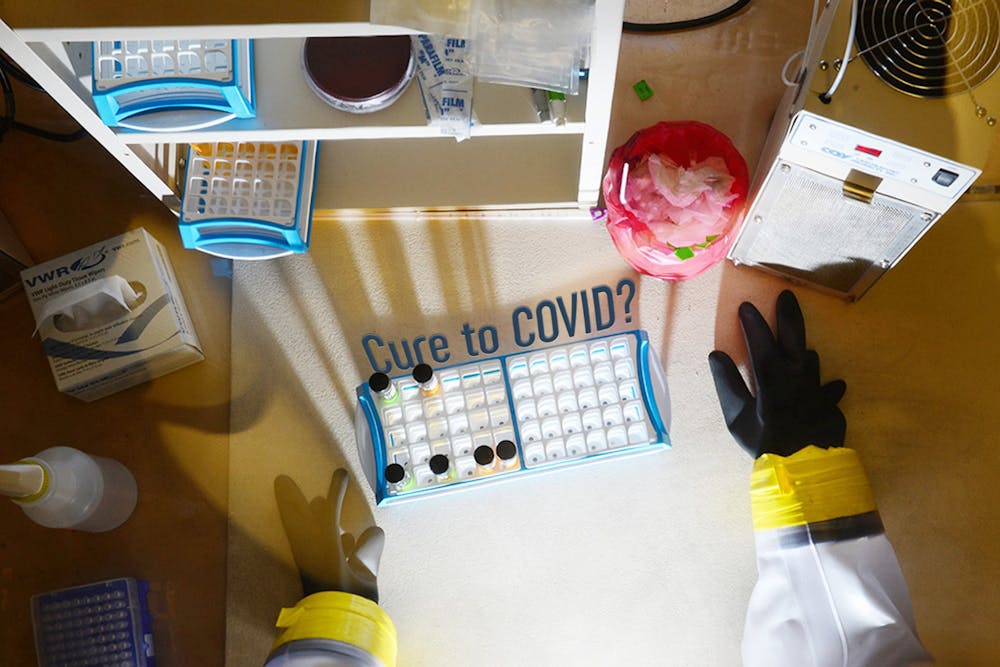Approved for emergency use authorization by the U.S. Food and Drug Administration earlier this month, remdesivir — an anti-viral drug developed in part by UNC researchers — could help shorten recovery time in coronavirus patients.
UNC entered into a collaboration with biopharmaceutical company Gilead Sciences and Vanderbilt University to study the drug in 2014, according to a fact sheet from Gilead.
“This is a game changer for the treatment of patients with COVID-19 and provides hope to many infected,” Ralph Baric said in an article from University Communications. Baric is an epidemiologist in the Gillings School of Public Health that led lab testing of the drug.
Dr. C. Buddy Creech, principal investigator at Vanderbilt's Vaccine and Treatment Evaluation Unit, called the study of the treatment “a real success story from start to finish.”
“Remdesivir showed great promise in the laboratory and in animal models and we were able to prove benefit in patients,” Creech said in an email statement.
The drug works by targeting the enzyme the virus uses to replicate in order to halt replication in the body, Dr. Timothy Sheahan, a virologist in Baric’s lab, said. The drug is not preventive and is used in patients after they are sick.
Sheahan said the drug could be compared to the anti-viral drug Tamiflu, which is taken to combat influenza. Additionally, in order to be most effective, remdesivir must be taken as early after infection as possible.
Chris Ridley, Gilead Sciences’ senior director of media affairs, said in an email statement that the collaboration with UNC originally examined remdesivir's ability to combat severe acute respiratory syndrome (SARS) and Middle East respiratory syndrome (MERS).
Sheahan stressed the impact the anti-viral drug could have as the United States combats the COVID-19 pandemic.



